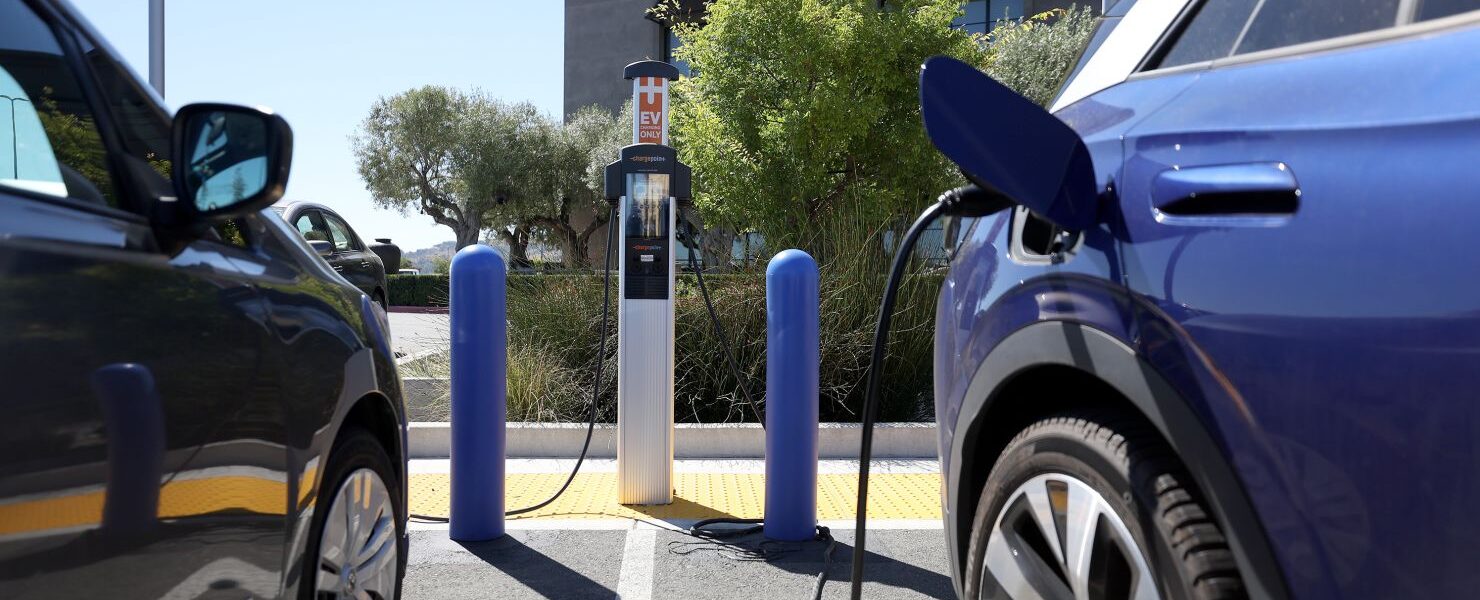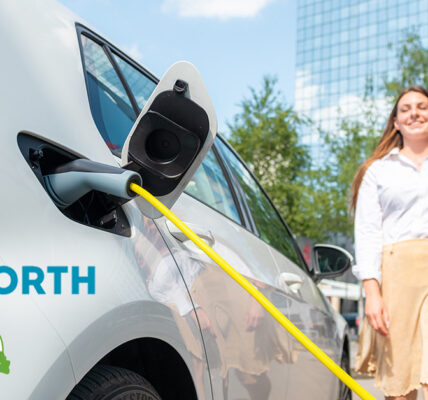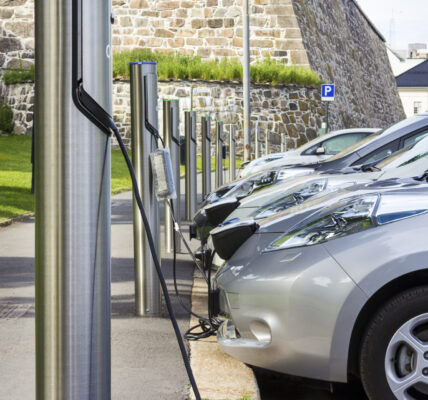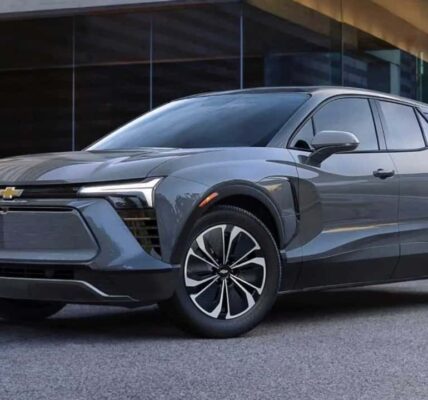The Biden administration and U.S. Department of Transportation announced a new investment in the country’s push for greater electric vehicle adoption and usage, pledging $623 million in EV charging station grants intended to build out community charging networks around the U.S.The large investment is part of President Joe Biden’s goal of building 500,000 publicly available chargers by the year 2030.
“America led the arrival of the automotive era, and now we have a chance to lead the world in the EV revolution—securing jobs, savings, and benefits for Americans in the process. This funding will help ensure that EV chargers are accessible, reliable, and convenient for American drivers, while creating jobs in charger manufacturing, installation, and maintenance for American workers,” said U.S. Transportation Secretary Pete Buttigieg.
The Federal Transit Authority is also awarding $311 million to 36 community projects, including indigenous-led projects in Alaska and Arizona.
According to the announcement, the grants are funded through a $2.5 billion EV allocation wedged into the Bipartisan Infrastructure Law. The law also authorizes up to $108 billion in public transit infrastructure projects designed to improve transit safety, modernize existing systems, improve access for underserved communities, and transition services into climate-friendly options.
For example, the administration announced a $1.7 billion grant program for zero-emission and reduced-cost buses around the country.
EV charging stations along the country’s highway system have previously been funded through the $5 billion National Electric Vehicle Infrastructure (NEVI) Formula Program.
In an effort to create an even stronger EV “backbone,” as the administration calls it, the Biden administration’s new grant program will fund 47 EV charging and alternative-fueling infrastructure projects in 22 states and Puerto Rico, and construct 7,500 EV charging ports.
“From my time working at the local level, I know that finding electric vehicle charging in a community is different from finding charging along highways,'” added Buttigeig. “USDOT is proud to make an investment that will provide Americans with convenient, straightforward charging options in their communities.”








